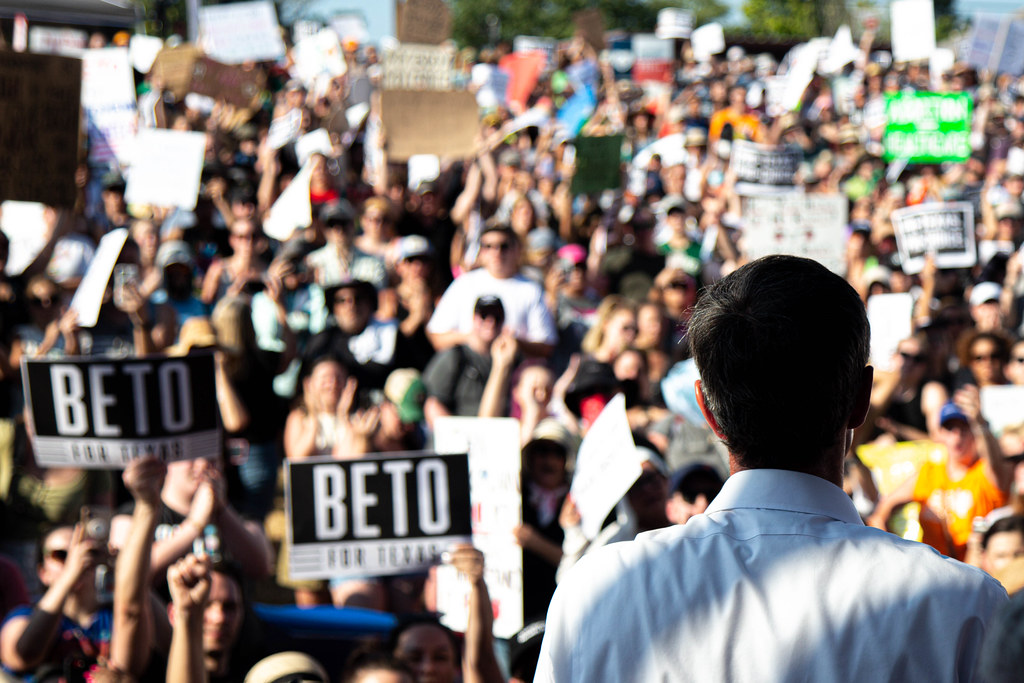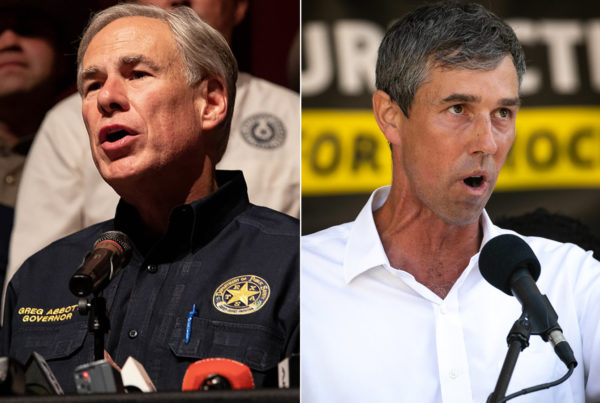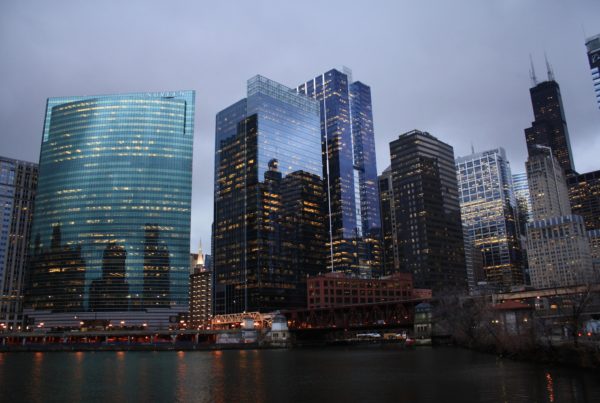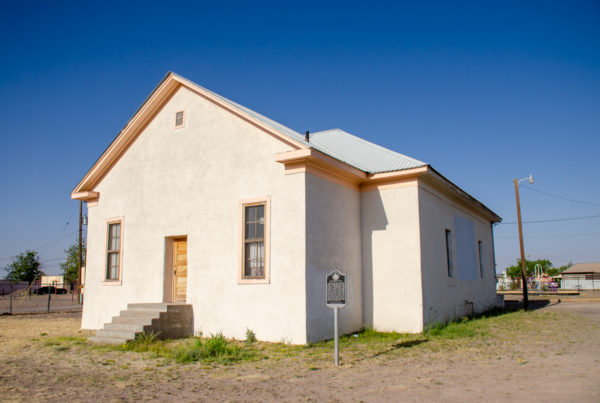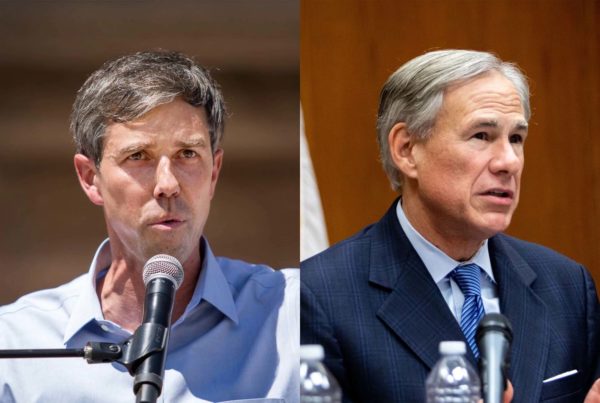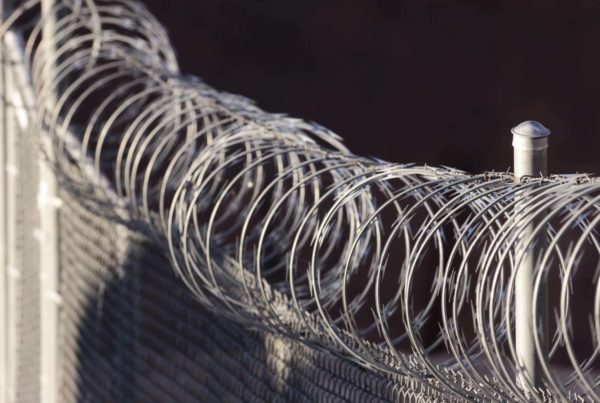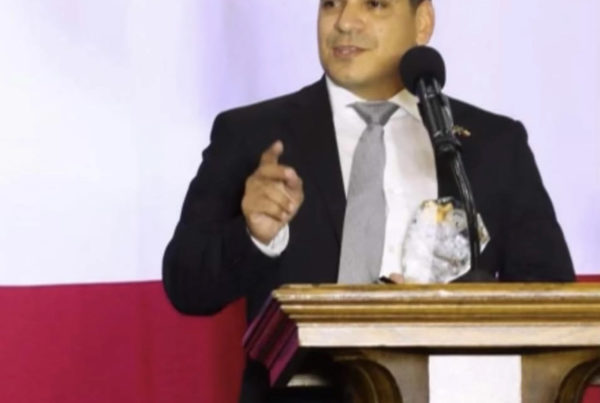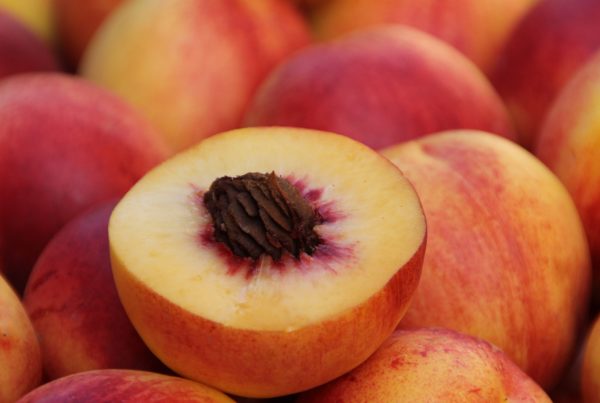Texas Democratic gubernatorial candidate and former Congressman Beto O’Rourke seems to be within striking distance ahead of the November election. But politics and poll analysis website FiveThirtyEight still gives incumbent Gov. Greg Abbott a 95% win likelihood.
Even a narrow loss for O’Rourke might seem like a big win for Texas Democrats, who haven’t won statewide office since 1994. But FiveThirtyEight politics reporter Alex Samuels writes there are a few indicators that show Democrats have a lot more work to do. Listen to the interview above or read the transcript below.
This transcript has been edited lightly for clarity:
Texas Standard: Even a narrow loss for better or O’Rourke might seem like a big win for Democrats in November – why do you say it wouldn’t be?
Alex Samuels: Well, I said that because Beto O’Rourke is Beto O’Rourke. You know, since his closer-than-expected 2018 run against Sen. [Ted] Cruz, he’s become sort of a micro-celebrity, both in Texas and nationally. But his campaign style is not one that Texas Democrats have had success emulating. You know, on top of that, Texas is changing demographics. The state’s red hue and a lack of political organization among the Texas Democratic Party are all standing in the way of future Democrats hoping to run statewide here.
Is Beto really the only person who can do what Beto does for Democrats in Texas? Or is there somebody else who might energize Democrats in the way that he seems to?
I mean, if there is, I haven’t seen that person yet. I haven’t seen any Texas Democrat running statewide, at least so far, mirror the same level of fundraising and fanfare as O’Rourke. And it’s not just that O’Rourke is popular; it’s that he had a really close race in 2018 against Cruz. And this year, polls also show a tightening single-digit race against Abbott. One could argue that Wendy Davis was a very popular gubernatorial candidate back in 2014, but she lost to Abbott by almost 20 percentage points, and I just don’t think we’ll see that same margin this year with O’Rourke.
» MORE: Abbott, O’Rourke to face off in sole Texas gubernatorial debate
How much of Texas politics is driven by that celebrity factor, that X factor? It’s not as if the top leadership in Texas right now is particularly, what would you say, charismatic, right?
Right. Yeah. And that’s something that I think makes O’Rourke stand out, and one of the reasons why he’s become sort of a celebrity in the state. We included in our story a Google Trends chart just showing search interest for O’Rourke and where it peaked and sort of how it’s gone since he announced his run for governor. You know, he certainly is what we called a buzzy candidate. But just because someone is buzzy does not mean that they’re popular, nor does it mean that they’re going to win.
You take a look at the poll numbers, and many of them are showing a single-digit lead for Beto. That seems eminently overcomeable in many political races. Just looking at that number, why is it that that doesn’t tell the bigger story? In other words, if Democrats could indeed mobilize, not perhaps around Beto, but around an issue – say, abortion – is it not altogether possible that we could see a turn by November?
Yeah, I mean, a lot is possible. Even though abortion has been motivating Democratic voters – and I think Beto himself also motivates Democratic voters – the big thing is that Texas is fundamentally still a red state. And there are parts of the state, particularly in rural areas, [and] also on the border, it’s not clear Democrats are making inroads there. Overall, it’s not clear that a close race for Beto will have implications for the state past this year.
» MORE: Beto O’Rourke keeps running for office. Why?
Why do you think the Texas Democratic Party hasn’t been able to propel O’Rourke’s popularity into a playbook for future success? I mean, you mentioned that Texas is a fundamentally red state, but I think there are a lot of Democrats who would push back and say, well, no, it’s that Republican voters have been turning out more than Democratic voters, and that it’s hard to mobilize all of those constituencies. Maybe it’s not about the personality.
I think part of the party’s issue is recruiting solid, experienced candidates to challenge formidable Republicans. There’s also a decent amount of turnover among Texas Democrats who have chosen to run statewide. Of course, we have O’Rourke this year; Mike Collier, who also ran in 2018. But a third issue that the party [has] is that the Democratic Party just doesn’t have a presence in a sizable chunk of the state. Over 50 of Texas’s 254 counties have no organized county party or leader – and that’s according to the state Democratic Party’s website. And a notable chunk of those counties are in, again, rural parts of the state where Democrats, including O’Rourke, have struggled to make inroads.


